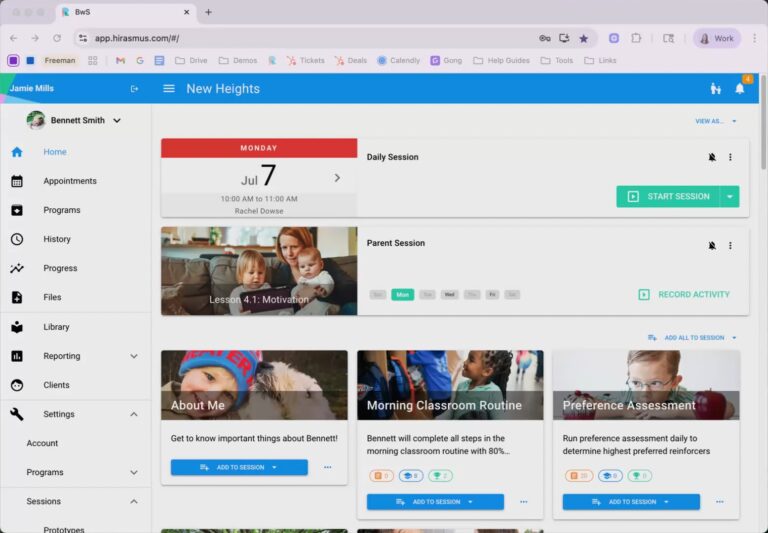Join us for a free webinar where Dr. Copeland will discuss the role of Behavior Analysts as coordinators of care for their clients in collaborating with healthcare professionals. This role requires that Behavior Analysts know their clients’ medical histories, identify the clients’ providers for health care and dental care,know client medications and know their allergies. It is important that BCBAs recognize when medical issues may be impacting a client’s behavior. Some potential physical and behavioral warning signs of medical issues are highlighted and some case examples are given. Some resources for information on several genetic disorders and rare conditions are briefly touched upon. Building a collaborative team approach to meet the needs of the client and family is emphasized. Several examples are given regarding how medications may impact behavior and the potential role that Behavior Analysts may serve in sharing data about a client’s response to a medication with the treating healthcare provider. Emerging areas for Behavior Analysis in medical assessment, treatment and research are touched upon. This includes the beneficial role that Behavior Analysis can play in helping patients manage a chronic condition like diabetes mellitus and in promoting overall health and fitness. The goal of the presentation is to share information that will empower Behavior Analysts to be effective behavioral consultants to other professionals in health care fields and to consider becoming a “health coach”.
Learning Objectives:
- Give 2 examples of warning symptoms of medical issues that may impact behavior and 2 examples of behavioral cues that may suggest a medical/health problem.
- Discuss potential components in a model to assess and treat non-compliance with medical procedures such as a physical exam or wearing a prosthesis.
- List categories of interventions to improve a patient’s management of their diabetes from the perspective of behavioral excesses and deficits.









